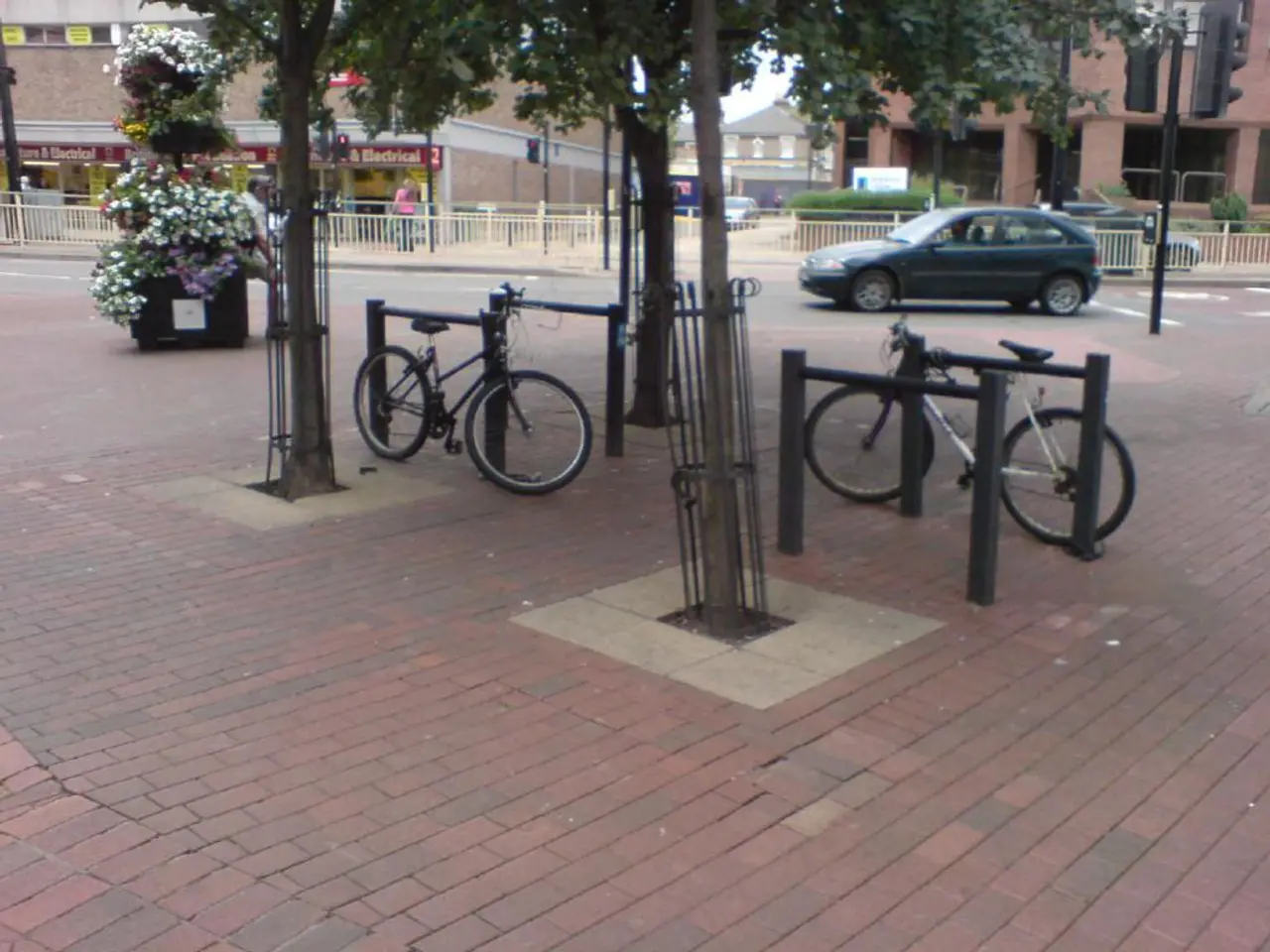Gaza Land Transactions Proposed for Digital Crypto Tokens Stirring Blockchain Resistance
The proposed Gaza land tokenization plan, known as the "Great Trust" plan, has sparked a wave of ethical concerns and debates about the application of blockchain technology in sensitive humanitarian contexts. Drafted by the Boston Consulting Group (BCG) and the Tony Blair Institute, the plan aims to attract private investment for the redevelopment of Gaza following Israeli military operations.
## Ethical Concerns
One of the primary concerns revolves around the potential for forced relocation of Palestinians. The plan offers financial incentives, estimated to be around $500,000 each, to encourage the relocation of hundreds of thousands of Palestinians from Gaza. Critics have likened this strategy to ethnic cleansing, a charge that has garnered international condemnation.
Another concern is the potential displacement and violation of human rights. The emphasis on relocating Palestinians raises serious human rights concerns, as it could be seen as a method to remove the Palestinian population from their homeland, a highly controversial and sensitive issue.
The proposal's plans to transform Gaza into themed areas referencing high-profile figures such as Elon Musk and Donald Trump have been criticized for erasing the cultural and historical identity of the region.
The plan's perceived exploitation of the situation in Gaza for financial gain has also been a point of contention. Critics argue that it profits from the suffering and displacement of people, a view that is widely considered unjust and unethical.
## Potential Impact on Blockchain Technology
The controversial nature of the Gaza land tokenization plan could tarnish the reputation of blockchain technology and real-world asset (RWA) tokenization, which aims to provide a secure and transparent way to represent and trade assets.
Such proposals may attract increased regulatory scrutiny of blockchain and tokenization projects, as they highlight the potential for misuse and ethical concerns in the financial and real estate sectors.
The backlash against this proposal could impact the social acceptance of blockchain technology, especially if it is seen as facilitating unethical practices or projects.
In conclusion, the Gaza land tokenization proposal raises critical questions about the ethical use of blockchain technology and underscores the need for careful consideration of its social and political implications. It serves as a stark reminder that technological advancements should prioritize community empowerment and avoid commodifying displacement or capitalizing on crises.
Security concerns related to the proposed Gaza land tokenization plan have emerged, as critics worry that the blockchain technology being employed could be vulnerable to hacking, potentially leading to the loss and misuse of tokens, including sports and magazine NFTs.
Moreover, the use of blockchain for such a sensitive humanitarian context may compromise its perceived integrity, given the ethical debates surrounding the plan's potential impact on Palestinians, human rights, and cultural identity, as the technology could be seen as merely facilitating questionable practices.







